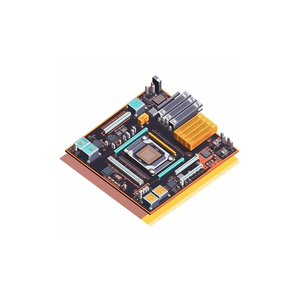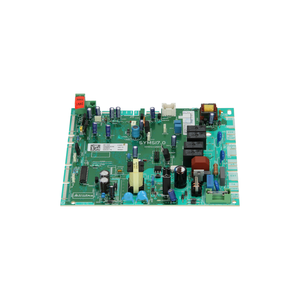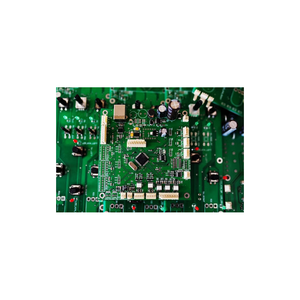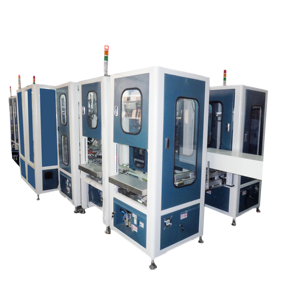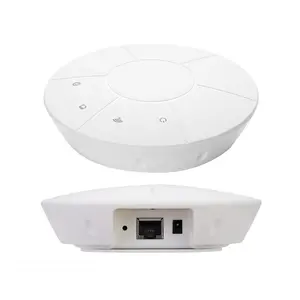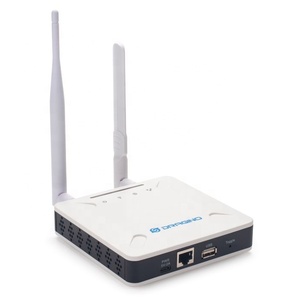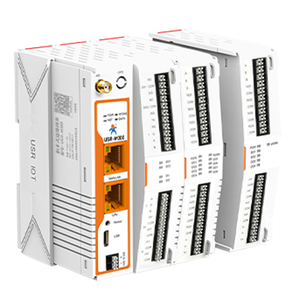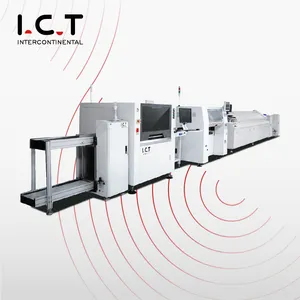Iot Factory Automation







 1/17
1/17



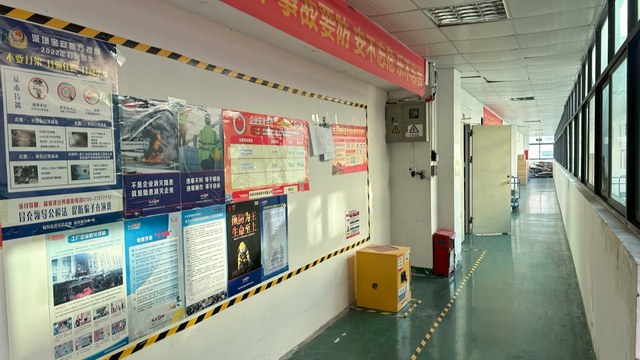









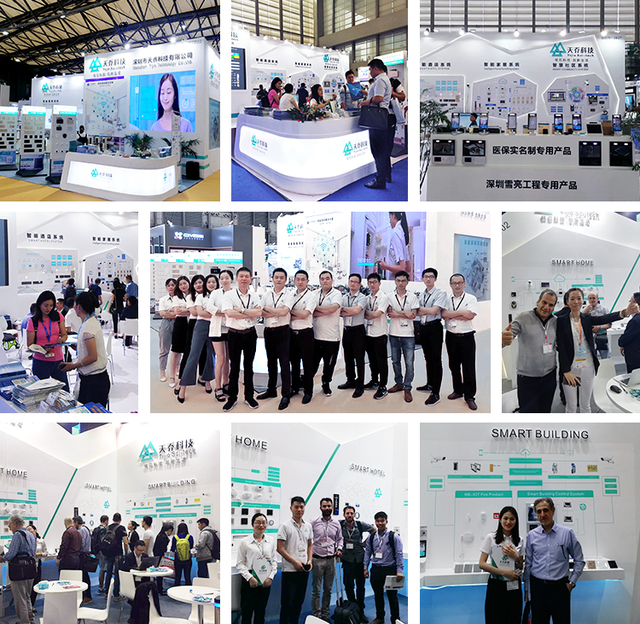














 1/11
1/11





 1/28
1/28





 1/28
1/28




 CN
CN



 1/21
1/21







 1/12
1/12


About iot factory automation
Where to Find IoT Factory Automation Suppliers?
China remains the global epicenter for IoT-enabled factory automation systems, with key manufacturing clusters in Guangdong, Sichuan, and Hebei provinces. Shenzhen-based suppliers dominate industrial communication modules and edge computing devices, leveraging proximity to semiconductor and PCB supply chains to reduce component lead times by 25–40%. Chengdu and Qinhuangdao specialize in integrated automation solutions, particularly for agricultural and environmental monitoring applications, where vertical integration of sensor arrays and control logic reduces system deployment time.
These regional ecosystems support rapid prototyping and scalable production through co-located firmware development teams, contract manufacturing, and compliance testing labs. Suppliers typically operate compact but highly automated facilities (average 1,000–3,000m²), enabling agile response to low-volume custom orders while maintaining batch production efficiency. Buyers benefit from localized sourcing of core components—such as RS485 transceivers, Modbus gateways, and MQTT controllers—at 15–30% lower cost than equivalent European or North American alternatives.
How to Choose IoT Factory Automation Suppliers?
Selecting reliable partners requires rigorous evaluation across technical, operational, and transactional dimensions:
Technical Capability Verification
Confirm supplier expertise in core industrial protocols including Modbus, BACnet, EtherCAT, and MQTT. Devices should support secure WiFi, 4G/LTE, or 5G connectivity with industrial-grade temperature tolerance (–25°C to +70°C). Prioritize suppliers offering Linux-based edge controllers with Node-RED compatibility for flexible logic programming. For integration readiness, verify native support for cloud platforms via API documentation.
Production & Quality Assurance
Assess infrastructure maturity using these benchmarks:
- In-house R&D capability demonstrated through firmware customization options
- Compliance with ISO 9001 standards and product-level certifications (CE, RoHS)
- On-site testing of EMI/EMC, surge protection, and long-duration burn-in cycles
Cross-reference declared on-time delivery rates (>95% recommended) with order history data to validate reliability.
Procurement Risk Mitigation
Utilize secure payment mechanisms such as escrow services for initial transactions. Request functional prototypes before mass ordering—typical sampling lead time is 7–14 days for standard models. Evaluate responsiveness (target ≤5 hours) and language proficiency to ensure smooth post-sale technical coordination. MOQs vary significantly: some suppliers offer single-unit pricing, while others require 10+ units for wireless or smart home-focused systems.
What Are the Best IoT Factory Automation Suppliers?
| Company Name | Main Products | Price Range (Min. Order) | On-Time Delivery | Avg. Response | Online Revenue | Customization Options | Reorder Rate |
|---|---|---|---|---|---|---|---|
| Qinhuangdao Xiaoma Iot Technology Development Co., Ltd. | Farm Irrigation Systems, Environmental Sensors, Fertilizer Spreaders | $180–$2,800/set | 33% | ≤3h | US $70,000+ | Not specified | <15% |
| Chengdu Zongheng Intelligence Control Technology Co., Ltd. | Industrial IoT Gateways, PLCs, Edge Controllers | $108–$430/piece | 96% | ≤1h | US $30,000+ | Color, material, size, logo, packaging, label, graphic | <15% |
| I C T S (MYANMAR) LIMITED | Smart Home Automation, Zigbee/Tuya Wireless Systems | $350–$500/10 pieces | - | ≤9h | - | Not specified | - |
| Shenzhen Beilai Technology Co., Ltd. | Ethernet Modules, IO Controllers, Building Automation DDC | $53–$170/piece | 100% | ≤7h | US $50,000+ | Not specified | <15% |
| Xiamen Elastel Technologies Co., Ltd. | Industrial IoT Routers, ARM-Based Edge Nodes, 4G Modems | $99–$235/set | 100% | ≤5h | US $200+ | Not specified | <15% |
Performance Analysis
Shenzhen Beilai and Xiamen Elastel demonstrate exceptional operational reliability with 100% on-time delivery records, making them strong candidates for mission-critical deployments. Chengdu Zongheng stands out for customization breadth, supporting branding and physical modifications—ideal for OEM integrations. While Qinhuangdao Xiaoma offers higher-value irrigation automation systems, its low reorder rate and delivery performance suggest potential fulfillment risks. I C T S (Myanmar) lacks verifiable performance metrics, increasing procurement uncertainty despite competitive pricing on Zigbee-enabled smart controls.
FAQs
How to verify IoT factory automation supplier credibility?
Validate technical claims through product datasheets and firmware interface demonstrations. Request evidence of compliance with CE, FCC, or RoHS directives. Analyze transaction volume and buyer feedback patterns for consistency in quality and service.
What is the typical lead time for customized IoT automation devices?
Standard configurations ship within 7–15 days. Custom firmware, mechanical redesign, or certification-specific variants extend lead times to 25–35 days depending on complexity.
Do suppliers support small-batch or prototype orders?
Yes, most listed suppliers accept orders starting at one unit, particularly for industrial gateways and controller nodes. Minimum order quantities rise to 10+ units for consumer-targeted smart home systems.
Can IoT automation systems integrate with existing SCADA or MES platforms?
Suppliers like Chengdu Zongheng and Shenzhen Beilai provide protocol converters (Modbus to MQTT, PLC to WiFi) specifically designed for legacy system integration. Confirm API availability and data polling frequency prior to procurement.
Are samples available for functional testing?
Most suppliers offer paid samples with credit toward bulk orders. Sample costs typically range from 1.5x to 3x the per-unit price, depending on device complexity.


































